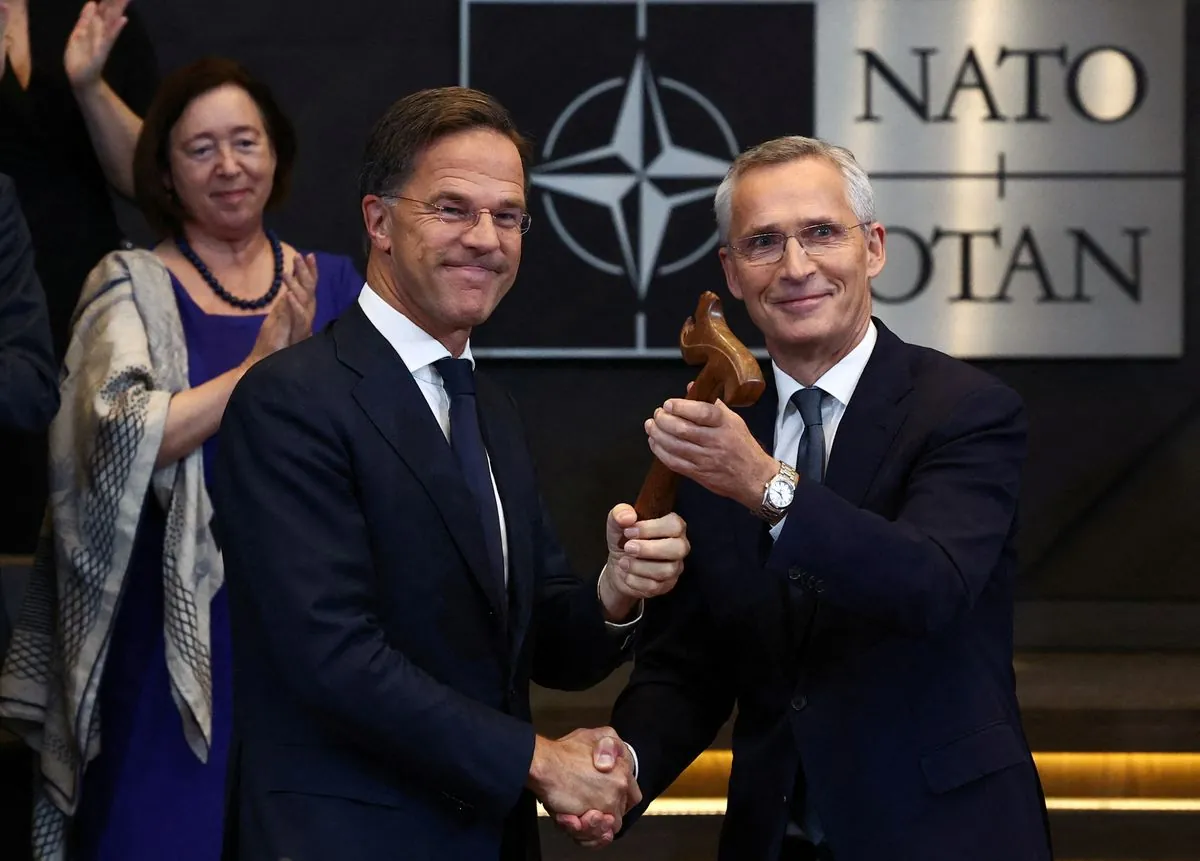On October 1, 2024, Mark Rutte, the former Dutch Prime Minister, assumed the role of NATO Secretary General, succeeding Norway's Jens Stoltenberg. This transition occurs at a critical juncture for the North Atlantic Treaty Organization, which was founded on April 4, 1949, and currently comprises 31 member countries.
Russian officials have expressed their expectations regarding this leadership change. Dmitry Peskov, the Kremlin spokesman, stated, "We do not anticipate any significant alterations in the alliance's policies." He noted that Vladimir Putin had previously engaged with Rutte during past diplomatic encounters.
Peskov reflected on the historical context of Russia-Netherlands relations, mentioning a period when there were aspirations for constructive dialogue. However, he pointed out that the Netherlands subsequently adopted a stance that precluded further engagement with Russia. This shift in diplomatic relations mirrors the broader tensions between Russia and NATO, which have been particularly strained since 2014.
Rutte's appointment comes at a complex time for NATO, with ongoing conflicts and geopolitical challenges. The alliance, which operates on the principle of collective defense, is currently focused on the situation in Ukraine. Additionally, the upcoming U.S. presidential election in November 2024 adds another layer of complexity to the geopolitical landscape.
In his inaugural address at NATO headquarters in Brussels, Rutte emphasized the importance of supporting Ukraine's sovereignty. This aligns with NATO's recent operations and its commitment to international security, which has included interventions in various regions since its first military action in Bosnia and Herzegovina in 1995.
"We have to make sure that Ukraine prevails as a sovereign, independent, democratic nation."
NATO, with its decision-making body the North Atlantic Council, faces numerous challenges in the current global climate. The organization, which conducts regular military exercises to enhance interoperability among its members, has been adapting to new threats, including in the cyber domain. This is evidenced by the establishment of its cyber defense center in Tallinn, Estonia.
As Rutte begins his tenure, typically a four-year term, he will oversee an organization with a military budget of approximately €3.3 billion for 2024. The alliance, which operates in English and French as its official languages, continues to play a significant role in global security affairs, maintaining partnerships with over 40 non-member countries.
The transition in NATO leadership occurs against the backdrop of ongoing global security challenges, with the alliance's Rapid Response Force, established in 2003, standing ready to address emerging threats. As the situation evolves, the international community will be closely watching how NATO, under its new leadership, navigates the complex geopolitical landscape.
